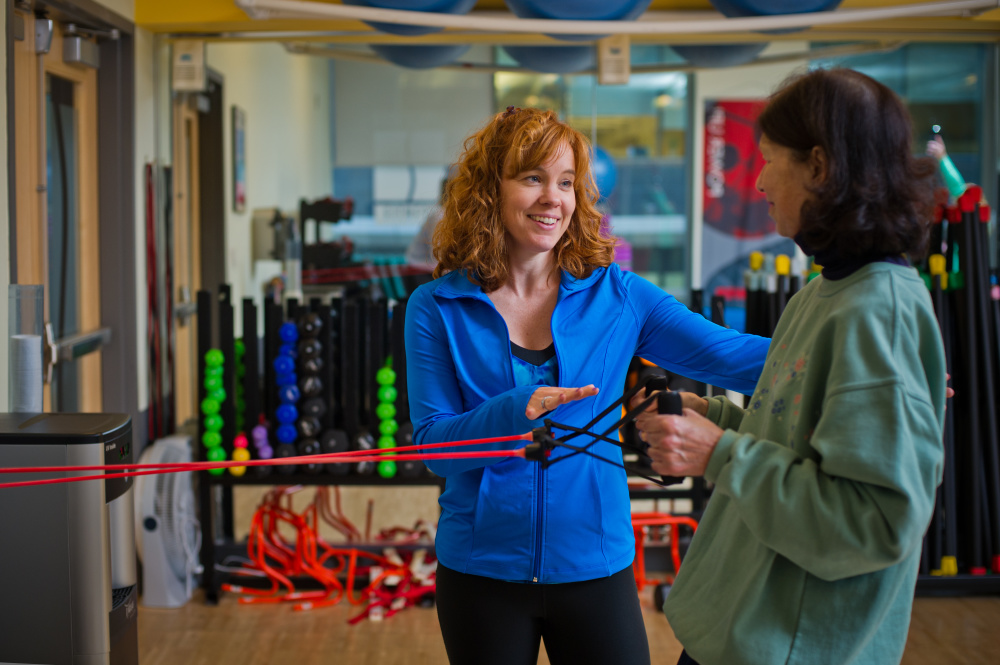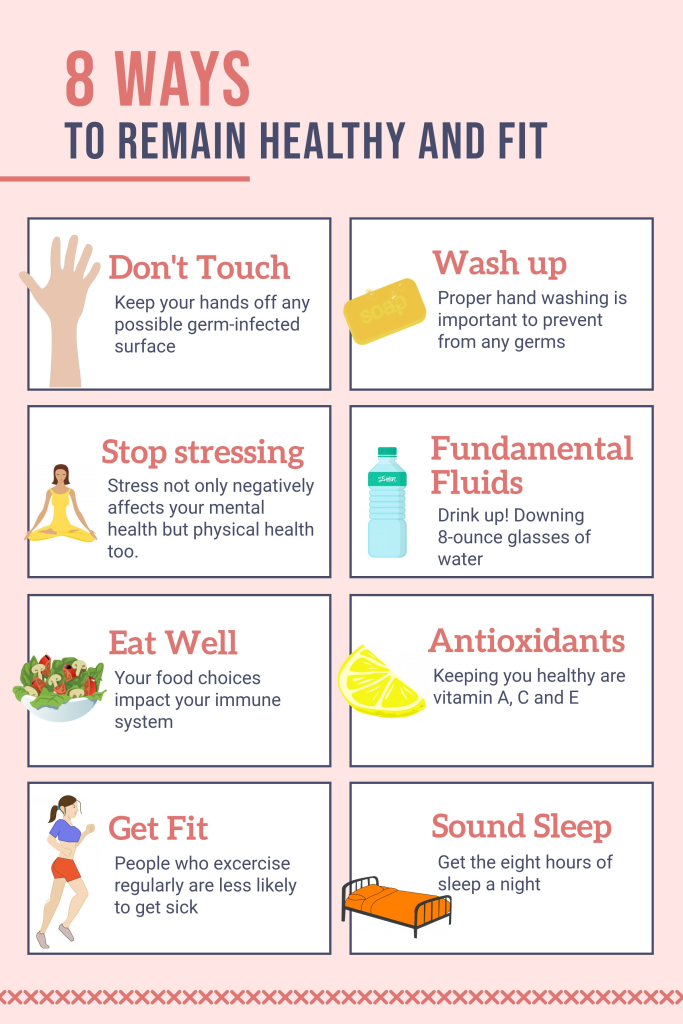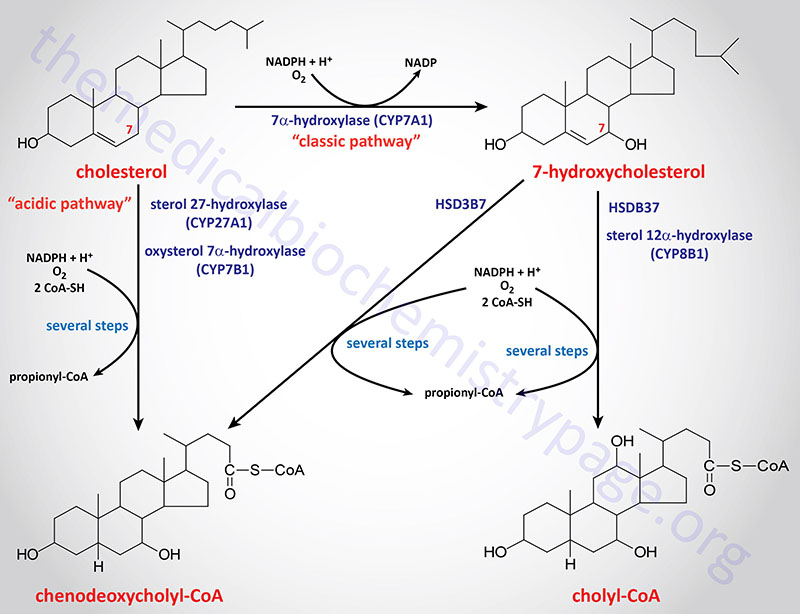Exercise benefits for colon cancer survivors have garnered attention as a vital aspect of post-treatment recovery. Engaging in regular physical activity after cancer treatment not only helps enhance overall health but significantly improves long-term survival rates among stage 3 colon cancer patients. Research from the Dana-Farber Cancer Institute shows that maintaining an active lifestyle can narrow the survival disparities between colon cancer patients and their healthy counterparts, offering hope to those diagnosed. Survivors with higher levels of exercise exhibit better overall survival rates, showcasing the strong correlation between fitness and colon cancer recovery. Consequently, prioritizing exercise in treatment plans can yield profound impacts on survivorship and well-being for individuals facing this challenging diagnosis.
The advantages of physical exercise for individuals recovering from colon cancer are increasingly recognized as essential components of cancer care. Post-cancer physical activity contributes to improved health outcomes, with studies linking higher levels of exercise to enhanced chances of survival among colon cancer survivors. This relationship highlights the importance of regular workouts not only for maintaining physical strength but also for fostering emotional resilience during recovery. Furthermore, engagement in fitness activities has been shown to significantly decrease the disparities in survival rates between colon cancer patients and similarly aged individuals in the general populace. Overall, integrating exercise into the recovery journey is key for promoting longevity and quality of life for those who have battled cancer.
The Importance of Exercise for Colon Cancer Survivors
Engaging in regular physical activity after treatment for colon cancer is crucial for survivors aiming to improve their long-term health and well-being. Exercise not only enhances physical fitness but also plays a key role in reducing the risk of cancer recurrence and improving overall survival rates. According to recent research from Dana-Farber Cancer Institute, survivors of stage 3 colon cancer who maintain a high level of physical activity show survival rates nearly on par with the general population of similar age and sex.
Moreover, staying active has psychosocial benefits, which can improve emotional health, reduce anxiety, and foster a sense of community among survivors. The study underscores the necessity of creating structured exercise programs tailored for individuals recovering from cancer, ensuring they have the confidence and motivation to engage in physical activities. Thus, incorporating exercise into a post-cancer treatment plan is invaluable for enhancing quality of life.
How Physical Activity Impacts Colon Cancer Survival Rates
The correlation between increased physical activity and improved survival rates for colon cancer survivors is prominent in clinical research. The data indicates that colon cancer patients who engage in regular exercise after treatment demonstrate significantly better outcomes than those who are sedentary. Specifically, the trials reviewed revealed that survivors who reported high activity levels had overall survival rates comparable to those of the general population, highlighting the potency of exercise as a tool for better health outcomes.
This relationship between exercise and survival can be attributed to various factors, including improved metabolic health, enhanced immune function, and better mental health through decreased stress and increased endorphins. Such benefits accumulate over time and have proven particularly crucial for patients facing the risk of recurrence, as the study emphasizes that those maintaining higher activity levels experienced much less severe survival disparities even in the face of tumor recurrence.
Post-Treatment Lifestyle Changes: The Role of Exercise
After undergoing treatment for cancer, survivors often face the crossroads of adjusting their lifestyles to promote better health outcomes. Incorporating exercise into daily routines is one of the most beneficial lifestyle changes a colon cancer survivor can make. The findings from Dana-Farber suggest that even modest increases in physical activity can lead to substantial improvements in health, emphasizing ‘some exercise is better than none.’ This suggests that adopting an exercise routine need not be daunting; rather, starting small can lead to meaningful changes.
Moreover, the integration of regular physical activity into a survivor’s lifestyle provides not only physical benefits but also fosters a sense of agency in their health journey. Survivors who actively manage their well-being through exercise report feeling more empowered and engaged in their recovery process. This positive mindset contributes to holistic healing, reinforcing the idea that survivorship is not just about surviving cancer but thriving after it.
The Psychological Benefits of Exercise for Cancer Survivors
The psychological effects of regular exercise on colon cancer survivors are as impactful as the physical benefits. Engaging in activities like walking or group exercise classes can significantly reduce feelings of anxiety, depression, and stress, which are often prevalent among cancer survivors. The research highlights how a structured exercise regimen can lead to improved mental health, allowing survivors to cope better with the emotional aftermath of cancer treatment.
Additionally, exercise fosters social connections, which are vital for emotional resilience. Many survivors find support in group exercise settings, where sharing experiences with others facing similar challenges can provide immense psychological benefits. These connections not only enhance the effectiveness of the exercise itself but also contribute to a supportive community, pivotal for mental well-being during the recovery phase.
Exercise Recommendations for Colon Cancer Survivors
For colon cancer survivors, the shift towards a more active lifestyle should begin gradually. As advised by experts, beginning with as little as 10 to 20 minutes of moderate exercise several times a week can yield impressive health benefits. Activities can range from walking and cycling to strength training, depending on individual fitness levels and preferences. The focus should be on consistency and gradually increasing the intensity and duration of the workouts.
Furthermore, it is essential for healthcare providers to recommend personalized exercise plans that consider patients’ unique circumstances and recovery stages. Tailored programs ensure that survivors engage in physical activities that they enjoy, which increases the likelihood of adherence to the exercise regimen. Balancing physical activity with sufficient rest and body awareness can facilitate healthier, more resilient survivors.
Community Support and Exercise Programs for Survivors
Joining community support groups that focus on exercise can be incredibly beneficial for colon cancer survivors. These programs not only offer structured physical activity but also create an environment where survivors can grow and share experiences with others. Being part of such a group can motivate individuals to stay active, making it much easier to set and achieve fitness goals.
Additionally, many organizations offer exercise classes specifically designed for cancer survivors, incorporating elements of rehabilitation alongside traditional workout routines. This collaborative approach allows survivors to benefit from both physical and emotional support, illustrating the critical importance of community engagement in post-cancer recovery processes.
Exercise and Long-Term Cancer Recovery
Long-term recovery from colon cancer heavily relies on continuous adherence to an active lifestyle. Exercise is not merely a temporary fix but a lifelong commitment that can lead to improved overall health, reduced risk of recurrence, and enhanced quality of life. Studies consistently show that survivors who engage in regular physical activity enjoy better physical health and report higher life satisfaction compared to their sedentary counterparts.
Moreover, integrating physical activity into daily routines introduces durable, positive changes in dietary habits and general health practices, creating a comprehensive approach to long-term recovery. Adopting such a proactive stance towards health empowers survivors, providing them with tools to reclaim control over their well-being and instilling a renewed sense of purpose.
Research Findings: The Science Behind Exercise and Colon Cancer
Recent research underscores the critical role of exercise in the lives of colon cancer survivors. The data derived from the National Cancer Institute-sponsored trials demonstrates substantial connections between post-treatment physical activity and positive survival outcomes. By analyzing the activity levels of over 2,800 patients, researchers unveiled a clear trend: higher exercise levels corresponded with improved survival rates, showcasing exercise as a determinant factor in cancer recovery.
These findings open avenues for further exploration into how specific types of exercise can benefit cancer patients and the broader implications for health recommendations on managing cancer side effects. Understanding the science behind these correlations can empower more patients to take charge of their recovery journey through physical activity, ultimately transforming their health trajectories for the better.
Creating Sustainable Exercise Habits Post-Cancer
Establishing sustainable exercise habits is a cornerstone of long-term health for colon cancer survivors. As research indicates, the key to reaping the benefits of physical activity lies in setting realistic and achievable goals that fit seamlessly into a survivor’s lifestyle. Instead of aiming for perfection, focusing on gradual improvements in fitness and health can lead to lasting habits.
Moreover, experimenting with different forms of exercise can help survivors discover enjoyable activities that encourage regular participation. Whether it’s yoga, swimming, or hiking, finding a personal interest in these activities is essential for creating a lasting connection with exercise, ensuring that survivors can maintain an active lifestyle well into the future.
Frequently Asked Questions
What are the benefits of exercise for colon cancer survivors?
Regular exercise for colon cancer survivors significantly improves physical health and can enhance long-term survival rates. Research shows that engaging in physical activity after colon cancer treatment narrows the survival gap between survivors and the general population, leading to better overall health outcomes.
How does physical activity after colon cancer treatment affect survival rates?
Physical activity after colon cancer treatment has been linked to improved survival rates. Survivors who maintain high levels of exercise generally have survival rates closer to that of the matched general population, indicating that regular movement can play a crucial role in recovery and longevity.
Can colon cancer survivors increase their quality of life through exercise?
Yes, colon cancer survivors can significantly increase their quality of life through regular exercise. Physical activity helps manage treatment side effects, reduces fatigue, and can enhance mental well-being, all contributing to a better overall recovery experience.
What type of exercise is recommended for colon cancer survivors?
Colon cancer survivors are advised to engage in moderate aerobic exercise, such as walking, cycling, or swimming, aiming for at least 150 minutes of activity per week. Starting with short sessions and gradually increasing intensity can effectively enhance physical fitness and health outcomes.
How soon after treatment should colon cancer survivors start exercising?
It’s recommended that colon cancer survivors begin exercising as soon as they feel able, typically a few weeks post-treatment. Always consult with a healthcare provider before starting an exercise regimen to ensure safety and tailored advice based on individual health status.
Is there evidence supporting the role of exercise in cancer recovery for colon cancer survivors?
Yes, numerous studies, including those from the National Cancer Institute, show that exercise plays a pivotal role in cancer recovery, specifically for colon cancer survivors. Active individuals demonstrate improved survival rates and lower recurrence risks compared to sedentary counterparts.
How can physical activity mitigate the risk of colon cancer recurrence?
Physical activity is associated with lower rates of cancer recurrence among survivors. Regular exercise enhances body metabolism, reduces inflammation, and improves immune function, all of which contribute to a lower risk of colon cancer returning after treatment.
What should colon cancer survivors do if they find it hard to exercise?
Colon cancer survivors who find it challenging to exercise should start small, aiming for 10 to 20 minutes of activity per day. Incorporating gentle exercises such as walking or stretching into their routine can lead to gradual improvement in fitness and health.
| Key Point | Details |
|---|---|
| Exercise and Survival Rates | Regular physical activity can reduce survival disparities between colon cancer survivors and the general population. |
| Impact on Low Activity Levels | Patients with low activity levels had a survival rate 50.5% lower than the matched general population. |
| High Activity Levels | Survivors with high activity (18+ MET-hours/week) had survival rates closer to the general population. |
| Research Trials | Data came from CALGB 89803 and CALGB 80702 trials with a total of 2,875 patients. |
| Exercise Recommendations | Some exercise is beneficial; even 10-20 minutes can have a positive impact. |
Summary
Exercise benefits for colon cancer survivors are significant, as regular physical activity after treatment not only reduces but may eliminate disparities in survival among these patients when compared to the general population. This vital research highlights how improving physical activity levels can drastically enhance overall longevity for colon cancer survivors. Therefore, incorporating regular exercise into the post-treatment lifestyle of colon cancer patients is essential for achieving better health outcomes.



